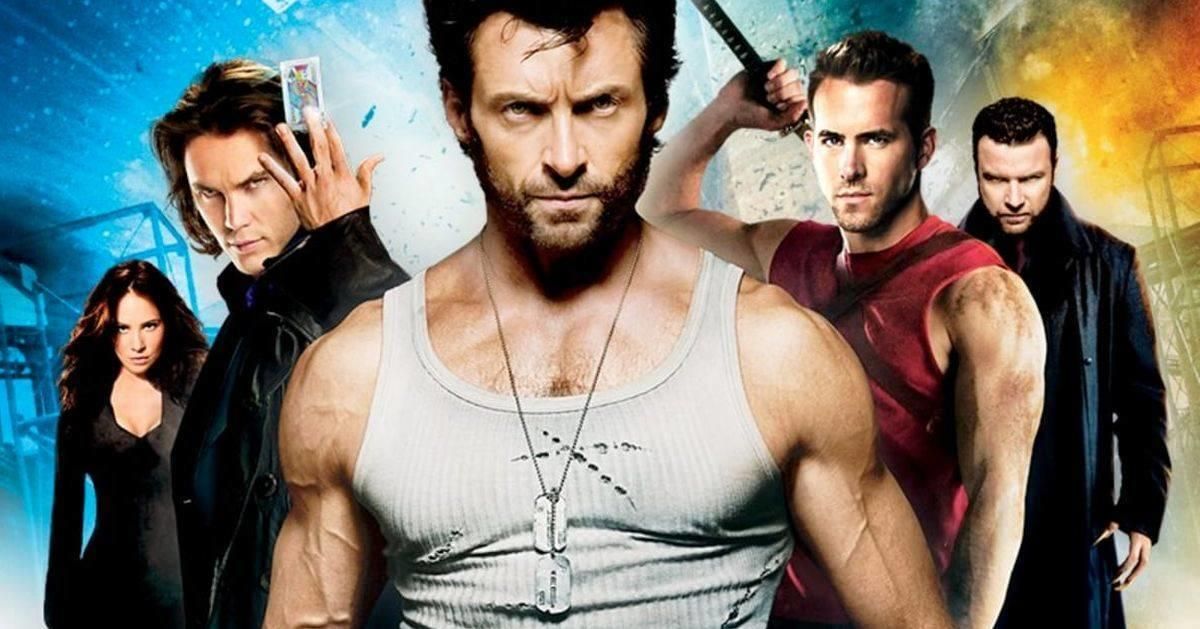Summary
Kevin Feige is recognized as the great leader of the Marvel Cinematic Universe, one of the main people responsible for the most important franchise in the world of film and television. He is a voice more than authorized to give advice to other producers or directors within the superhero genre. But of course, it wasn’t always like this.
Long before the birth of the MCU, Marvel superheroes had already reached the big and small screen on several occasions, even building franchises thanks to other studios like Fox with the X-Men and The Fantastic Four. And although the mutant universe was quite vast and successful, it did not achieve the impact that the current Marvel and Disney franchise has.
In the new book MCU: The Reign of Marvel Studios, producer David Maisel reflects on what the landscape was like before Disney bought Marvel. This was a time when Kevin Feige was already the leader of Marvel Studios, but many important Marvel characters belonged to different companies, and Feige had no control over what stories were told or how. As Maisel revealed:
“Maisel: Your character is in limbo and somebody else controls it. When you make a movie deal for a license, you’re freezing animation, you’re freezing a lot of other things. You’re handing over your babies to somebody, and nothing happens.
Feige: We suggested but they didn’t listen. We didn’t have the control. I hated that.”
Maisel had an important role in the beginning of the MCU, since he was one of the main drivers of the sale of Marvel Studios to Disney, which would give the studio the chance of turning the characters they still owned into a million-dollar franchise. Of course, it also put Marvel Studios on the long road to reclaiming the likes of the X-Men, Deadpool, the Fantastic Four, and making that all important deal with Sony over Spider-Man.
Related: Kevin Feige Clarifies What’s Canon in the MCU & Teases a Much Larger Multiverse
Although some productions such as Sam Raimi’s Spider-Man trilogy managed to be very popular and have a great impact, before the arrival of the MCU, attempts to build a great franchise based on Marvel Comics characters were not completely successful.
TheX-Mensaga, which began with a trilogy and then tried to renew itself with the prequels starting with X-Men: First Class, had glorious moments, but continues to be highly criticized, in most cases for its lack of fidelity to the source original. The best example of this is X-Men Origins: Wolverine, a movie that gave Ryan Reynolds his first opportunity to play Wade Wilson. However, choices made with the character’s appearance, including silencing the Merc with the Mouth in the finale of the movie, ended up almost derailing Deadpool before he arrived.
As for The Fantastic Four, the first two films starring Ioan Gruffudd, Michael Chiklis, Jessica Alba, Chris Evans and Julian McMahon suffered some criticism too, but it was nothing compared to what happened with the 2015 reboot, which stands as one of the worst-rated Marvel movies in history. Currently, Marvel Studios already has the rights to all these characters again after Disney’s purchase of Fox, which will allow them to start from scratch with the X-Men, Fantastic Four and more, as well as continuing Deadpool’s adventures within the MCU.
Kevin Feige tried to help pre-MCU Marvel movies to be better, but he was ignored. Read More

